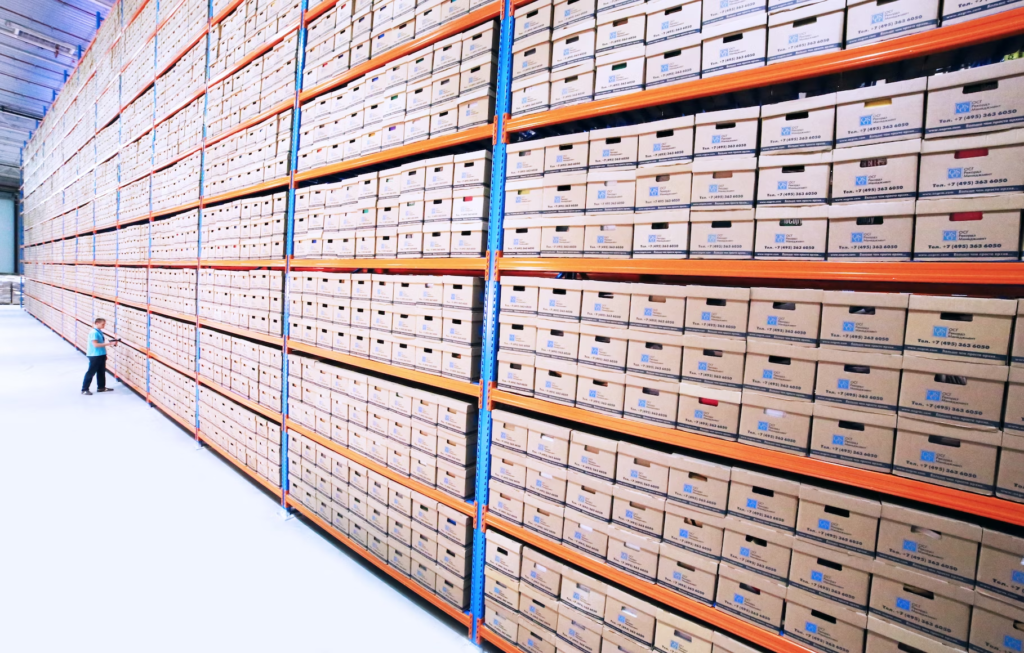
Does Your Business Need a Data Warehouse?
Large global businesses have been relying on data warehouses for years, but increasingly even small and medium businesses are finding that data warehouses provide value. Let’s explore why.
What Is a Data Warehouse?
A data warehouse is a central repository of data. More specifically, it’s a system for storing data from different sources in a structured way that’s designed to support business intelligence activities—especially reporting and data analysis.
To understand the value of a data warehouse, it’s important to differentiate it from a database. A database stores current data only and doesn’t lend itself well to data analysis. A data warehouse stores both current and historical data typically pulled automatically from operational databases as well as external sources, and it sorts all that data in a manner that makes it easier for business leaders to analyze.

Why Use a Data Warehouse?
Data warehouses are a popular business intelligence tool used by a wide variety of businesses across industries. For example, a retail store might use a data warehouse to store sales, inventory, and customer data in one place, making it easy to analyze all the data and make better, faster decisions about item pricing and inventory management.
Broadly speaking, data warehouses benefit businesses by:
- Integrating data from multiple sources into a single repository
- Speeding data retrieval for analysis and reporting
- Collecting historical data for trend analyses and predictions
- Making it easy to create user-specific and team-specific dashboards and reports
- Improving decision-making with timely analysis of standardized data from across the business

Is a Data Warehouse Right for Your Business?
Generally speaking, if your business has a lot of data, and especially if you’ve been struggling to integrate and analyze all that data, you may find a data warehouse helpful. This is especially the case if your data is stored in numerous places, such as application databases and cloud services like Salesforce, making summaries and forecasts difficult.
Another reason many businesses turn to data warehouses is that their data isn’t standardized across different systems, making it extremely challenging to pull the data together for analysis. Data warehouses automatically transform data, standardizing it, removing corrupt data, and applying custom rules that make it easy to analyze.
Get the Support You Need
The experienced professionals at ACI Consulting can help you select the best BI tools for your business and customize them to drive business value and help you achieve your strategic objectives. Contact us to learn more about our team and the services and solutions we offer.